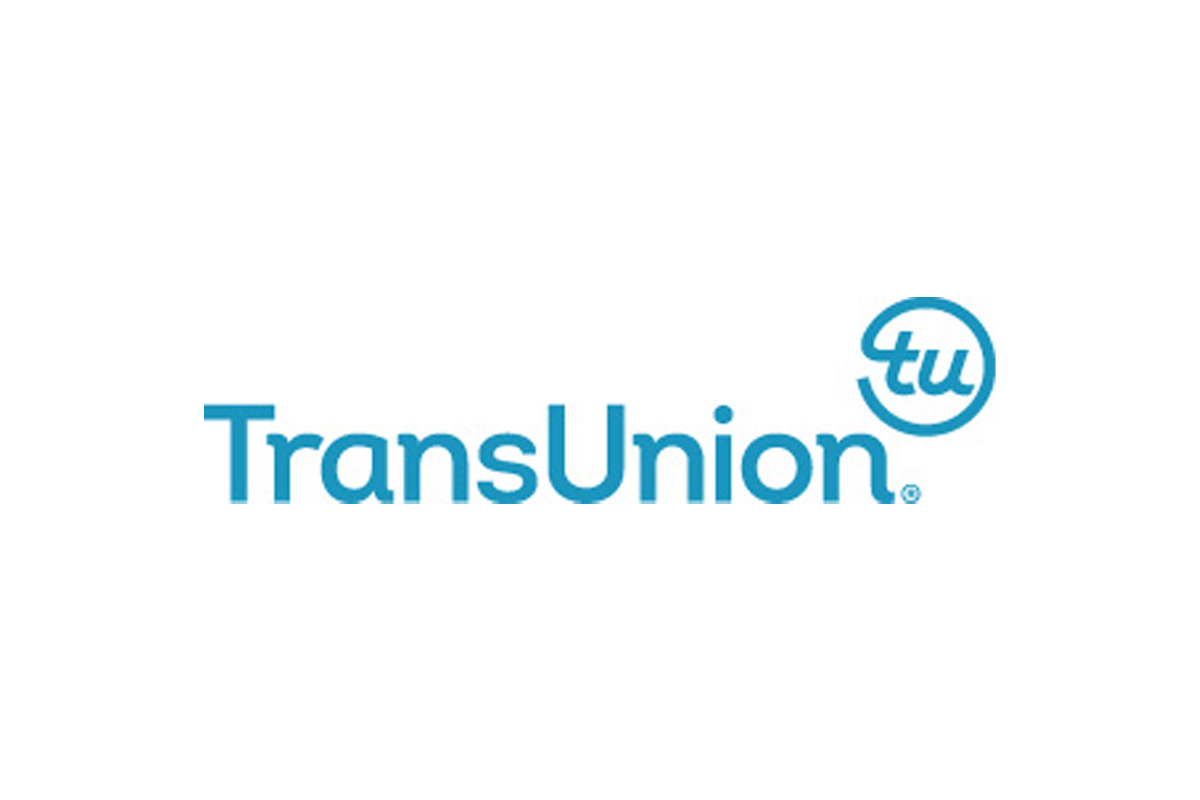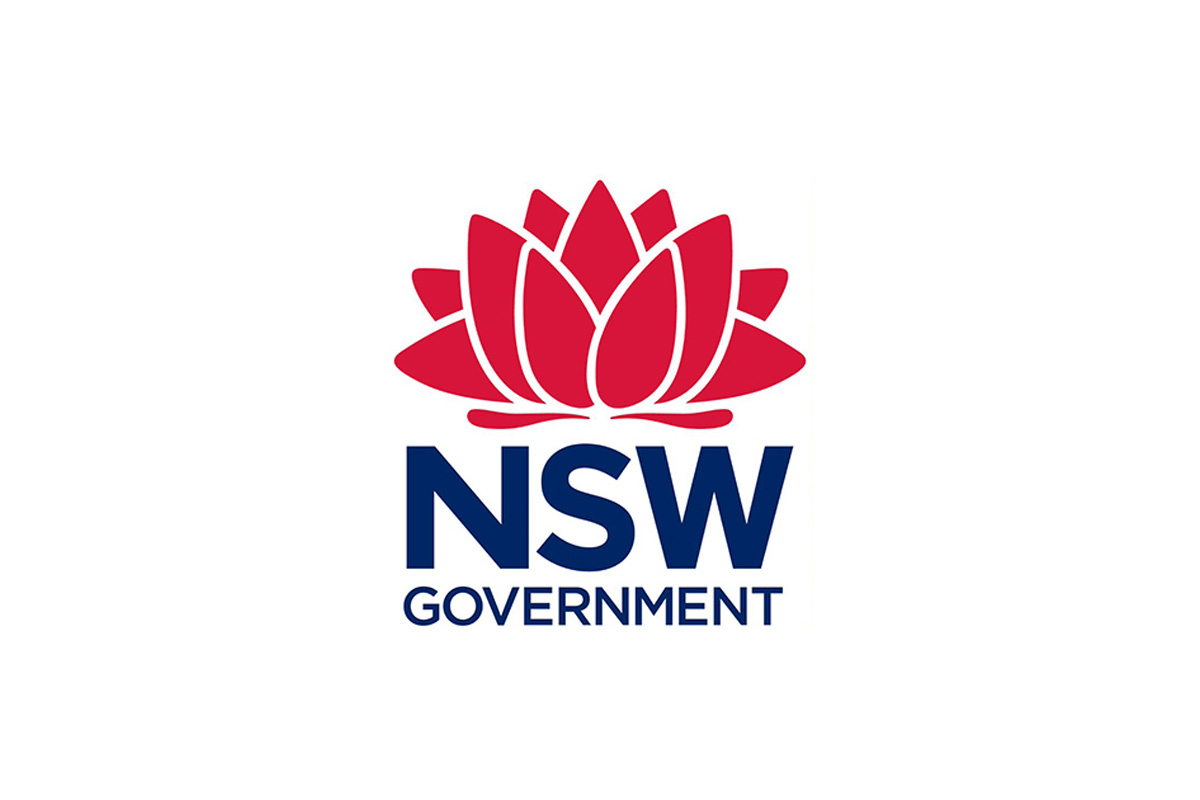
Mobile Sports Bettors Show Greater Resilience and Sensitivity to Economic Headwinds
In the midst of rising inflation and its impact on consumer personal savings rates, TransUnion (NYSE: TRU) conducted new research examining the financial status and behaviors of consumers who engage in mobile sports betting. The research found that more than half (54%) of mobile sports bettors earn high incomes—earning $100,000 or more—yet many are concerned about inflation and its impact on their ability to keep making credit payments in the future.
While the vast majority of mobile sports bettors appeared to be in good financial standing based on their incomes and savings, a higher percentage indicated they have trouble paying bills and are using short-term credit services, like payday loans compared to the total population. The research was conducted via an online survey of 2,739 adults in May 2022. A full report of the findings is available in the new “Consumer Pulse Online Sports Betting Study.”
“At face value, most of the consumers engaging in mobile sports betting can likely afford to do so,” said Declan Raines, head of U.S. Gaming at TransUnion. “At the same time, our findings demonstrate how important it is, especially during a time of economic uncertainty, that operators utilize comprehensive data to identify both resilient and distressed consumers. Doing so can help operators protect players and provide a safer experience to consumers engaged in regulated betting.”
Mobile sports bettors are well funded, mostly optimistic
One key trend derived from the report: mobile sports bettors are seeing increased incomes and are generally more optimistic than most consumers.
Mobile Sports Bettors More Optimistic About their Finances
| Total Population | Mobile Sports Bettors | |
| Income Increased Last Three Months | 32% | 67% |
| Expect Income to Increase Next Three Months | 45% | 71% |
| Optimistic About Household Finances Over Next 12 Months | 58% | 83% |
Mobile sports bettors are also more likely to be employed, with 89% currently employed vs. 81% of the total population. In addition, 22% of mobile sports bettors indicated they had changed jobs for higher compensation in the last three months, compared to 7% of the wider population.
Despite strong financial performance and general optimism, mobile sports bettors expressed concern over inflation and more are taking action to protect themselves financially to mitigate the costs. TransUnion’s analysis found mobile sports bettors are saving more money in emergency funds and paying down debt faster than the total population. In addition, they also increased their use of available credit and used retirement savings at higher rates than the total population.
The research also identified a positive correlation between consumer liquidity and the gambling industry’s performance at both the macro and state level. Given this established relationship, the current financial hedging behavior exhibited by mobile sports bettors could likely indicate a slowdown in the near future for the sports betting industry.
“Consumer liquidity was a critical component of this research,” said Raines. “Tracking it and its relationship to the industry’s performance can help operators understand how wider economic factors can impact share of wallet, lifetime player value and responsible gaming risk.”
More trouble paying bills
Another indicator of decreasing consumer liquidity is that 79% of mobile sports bettors were concerned about their ability to pay current bills and loans in full, compared to 52% of the total population. In addition, mobile sports bettors are using payday lending services at higher rates than the total population.
The report highlights the challenges operators face in identifying resilient or distressed consumers. Operators who rely solely on their first-party data are limiting their view of a player without the complete picture. Those who use more data sources are able to better monitor player stability and assess risky behavior leading to appropriate interventions, like cooling off periods, to help ensure sustainable play. Operators are at a significant advantage for enhancing responsible gaming practices when they leverage third-party data as is common in other global markets like the U.K.
“The obvious benefit of a robust responsible gaming strategy is helping to keep players out of financial trouble, improving brand loyalty and ensuring sustainable revenue,” said Raines. “Beyond that, it also demonstrates proactive efforts that improve public sentiment toward the industry overall, which is necessary if the market wants to see increased support for state access across sportsbook and online casino products.”
Impact on credit health
Mobile sports bettors, especially those concerned about paying bills in full or who have bills already past due, should be mindful of their credit health. “Payment history and credit utilization rate, a measure of how much of available credit someone is using compared to their total credit limit, are two of the major credit scoring factors,” said Margaret Poe, head of consumer credit education at TransUnion. “Missing payments and running up credit balances can have a severe, negative impact on a consumer’s credit score.”
Many mobile sports betting websites and apps allow deposits using credit cards, a high-interest form of revolving credit, so it’s imperative for sports bettors to understand how to gamble responsibly and practice healthy credit habits to ensure their financial well-being is not negatively impacted.
For more information about the research, read the “Consumer Pulse Online Sports Betting Study.”
RESEARCH METHODOLOGY
This online survey of 2,739 adults was conducted May 12–19, 2022 by TransUnion in partnership with third-party research provider, Dynata. Adults 18 years of age and older residing in the United States were surveyed using an online research panel method across a combination of desktop, mobile and tablet devices. Survey questions were administered in English. All states are represented in the study survey responses. To ensure general population sample representativeness across United States resident demographics, the survey included quotas to balance responses to the census statistics on the dimensions of age, gender, household income, race and region. Generations are defined as follows: Gen Z, born 1995–2004; Millennials, born 1980–1994; Gen X, born 1965–1979; and Baby Boomers, born 1944–1964. These research results are unweighted and statistically significant at a 95% confidence level within ±1.87 percentage points based on calculated error margin.










